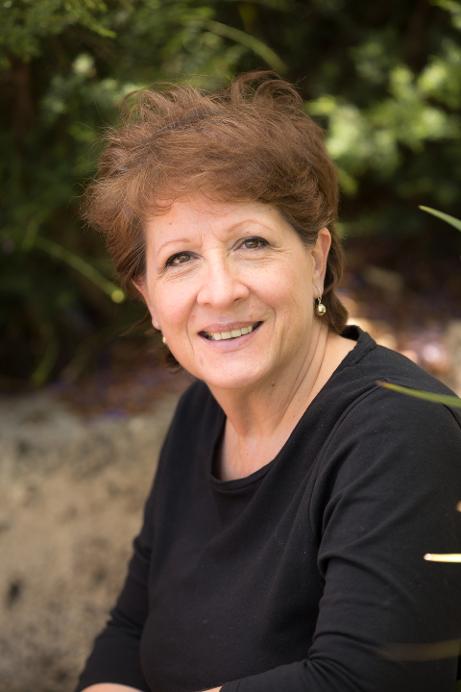I’d like to thank novelist Rosanne Dingli for contributing this guest post about marketing. Despite living in the same area we haven’t met in person yet, but we’ve connected through social media. One thing I’ve noticed is her ability to market her books – she really does have a good understanding of the concept. Rosanne has authored four novels, six collections of short stories, and a book of collected poems, as well as numerous articles, stories, reviews, columns and poems, Australia-wide and on the internet. She has worked as teacher, lecturer, workshop coordinator, magazine and corporate editor, travel consultant, cook, manuscript assessor, heraldic artist and business partner. You can find out more about Rosanne and her books here.
What’s marketing? And why do authors need to know about it?

Marketing is a big word. Like engineering, or accounting, there are courses in marketing at universities and colleges that go for literally years. That alone indicates that authors can’t learn everything about it in a weekend of reading blog posts. In addition, that word, marketing, is often confused and interchanged with promotions or publicity. The three have distinct definitions and should not be confused.
Even an author who does not have a marketing degree, such as myself, understands words, and how they can mean different things, so this is an excellent jumping-off point for all of us. What does an author need to know about marketing, publicity and promotions, if they’re words that don’t all mean the same thing?
Marketing means knowing about products – who provides them, who sells them, and where they can be bought. It involves research. Finding out about products (in our case, books) where they are made available, and everything about who is likely to buy them. We need to find out who buys which products. And books ain’t books! There are several different kinds – we all know about genres and categories, sub-categories and how they can be drilled down to as many as six levels.
Books> Fiction> Women’s Fiction> Romance> Historical Romance> Regency
Books> Fiction> Mystery/Suspense/Thriller> Cosy mysteries> Amateur sleuth
Books are not only categorised for convenient and quick shelving in libraries and bookstores. They are grouped with like books, because it’s how readers search for them. Related reasons, of course, but the latter has to do with marketing, and how authors must think about it; how they should carefully categorise, and sub-categorise correctly, to make sure their books are there when readers go looking. A vital part of marketing.
Once a book is correctly placed – getting there can be a series of attempts, since independent authors can change categories as often as they like – one can do other things. One can seek readers who find that category interesting enough to buy. Readers often form groups of interest, especially online. There are book blogs for specific categories, there are social media groups of that nature too: groups for mystery lovers, for romance aficionados, for thriller fans, and for many others. Exploring groups and blogs related to an author’s genre and sub-categories is essential, because fashions and trends change and shift, and readers often talk about the shifts and current likes and dislikes in blog and group comments.
Finding the right groups, joining in, commenting, getting conversations going, offering insight, and making one’s name known – this is one of the most important aspects of being a writer … other than writing.
Then, and only then, can authors start to show prospective readers their books. That’s when one gets to the part of marketing called publicity and promotions. They are not the same: publicity is mainly about gaining attention for the author’s name and pursuits, about establishing a liking among prospective groups for the author’s personality. It’s about public appearances, interviews, blog posts, festivals, and web rings. Promotion, on the other hand, is about products, raising awareness of their existence in the market, and cultivating the desire in readers to purchase. (Advertising is part of promotions.) Authors need to know the difference, and need to know about the vital timing that separates one from the other. Raising curiosity comes before showing a product. Gaining interest comes before asking for purchases.
Asking a complete stranger to buy a book is a big deal. It’s a brilliant opportunity that rarely comes twice … but which can be built into a whole series of opportunities with the right preparation. Talking to the right market is vital – we all know that not all readers buy all kinds of books. So finding the right prospective customers in a group, capturing their curiosity and interest, and then showing them high-quality books, is the only way to do it. The clever author finds out about all this, and also discovers that clever timing is an aspect that few consider … unless they have a marketing degree!
Good luck with your market research, publicity and promotions – they’re all part of marketing, and they can be fun and fruitful.

How does a website help rural fiction authors in Australia and NZ?
© All Rights Reserved 2023 Monique Mulligan | Website Design by Thorn Creative
3 Responses
Thanks, Rosanne for an informative post. Your dynamic approach to marketing your work has always impressed me.
Thank you Teena – I learn as I go!
Thanks Teena – I learn as I go!